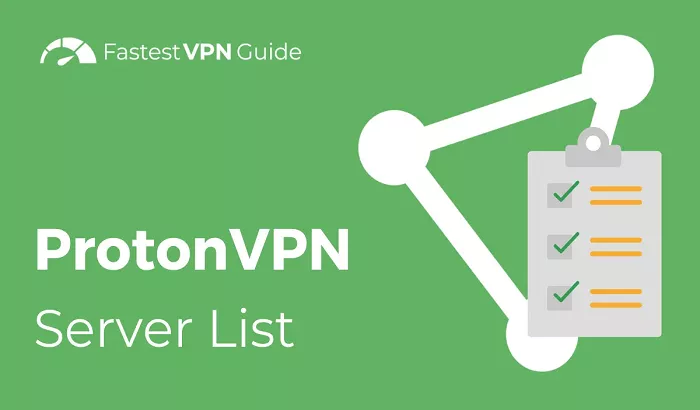In today’s digital age, maintaining privacy and security online has become increasingly important. Virtual Private Networks (VPNs) like Proton VPN offer users the ability to browse the internet securely and anonymously. However, questions often arise regarding the legality of using such services, especially in regions with strict internet regulations. This article delves into the legal status of Proton VPN, examining its operations, jurisdiction, and the legality of VPN usage across various countries.
Proton VPN is a privacy-focused VPN service developed by Proton AG, the same organization behind Proton Mail. Established in Switzerland, Proton VPN emphasizes user privacy and security, offering features like strong encryption and a strict no-logs policy. The service operates under Swiss jurisdiction, benefiting from the country’s robust privacy laws.
The Legality of Using VPNs
The legality of using VPNs varies significantly across different countries. In many nations, VPN usage is legal and is commonly employed to enhance online privacy and security. However, in some countries, the use of VPNs is restricted or outright banned. It’s crucial to understand the regulations governing VPN usage in your specific country to ensure compliance with local laws.
Proton VPN’s Compliance with International Laws
Proton VPN operates within the legal frameworks of the countries it serves. Based in Switzerland, the service adheres to Swiss laws, which are known for their strong protection of privacy rights. Switzerland is not part of international surveillance alliances like the “14 Eyes,” further bolstering Proton VPN’s commitment to user privacy.
Proton VPN maintains a strict no-logs policy, meaning it does not track or store user activities. This policy aligns with its commitment to privacy and ensures that, even if legally compelled, the service has no data to provide that could identify individual users.
Potential Legal Concerns for Users
While Proton VPN itself operates legally, users must be aware of the legal implications of their activities while using the service:
- Engaging in Illegal Activities: Using Proton VPN to conduct illegal activities, such as hacking or accessing illicit content, remains unlawful. The VPN service does not protect users from legal consequences arising from unlawful actions.
- Accessing Geo-Restricted Content: In some countries, accessing content restricted to specific regions, even through a VPN, may violate local laws or regulations. Users should be cautious and informed about the content they access while using Proton VPN.
Legal Restrictions on VPN Usage by Country
It’s essential to be aware of countries where VPN usage is restricted or illegal. Proton VPN monitors such regulations and provides information to users about the legal status of VPNs in various regions.
Countries with VPN Restrictions:
- Belarus: Implemented a complete ban on VPNs and other internet anonymizers in 2016.
- Turkey: Has regulations that limit the use of VPNs to prevent access to blocked content.
- United Arab Emirates (UAE): Imposes strict laws on VPN usage, especially concerning activities that violate local laws.
Recent Developments:
In July 2024, Russian authorities pressured Apple to remove VPN applications, including Proton VPN, from the Russian App Store. This action was part of broader efforts to control internet usage within the country.
Recommendations for Users
To ensure that your use of Proton VPN remains within legal boundaries:
- Stay Informed: Regularly review the laws and regulations regarding VPN usage in your country.
- Use VPNs Responsibly: Avoid engaging in activities that could be deemed illegal or violate terms of service.
- Consult Legal Experts if Unsure: If you are uncertain about the legality of using a VPN for specific purposes, seek legal advice.
Conclusion
Proton VPN operates legally and adheres to stringent privacy standards, benefiting from Switzerland’s robust privacy laws. However, the legality of using Proton VPN depends largely on the user’s location and adherence to local laws. It’s imperative for users to understand and comply with the regulations governing VPN usage in their respective countries to avoid legal complications.

